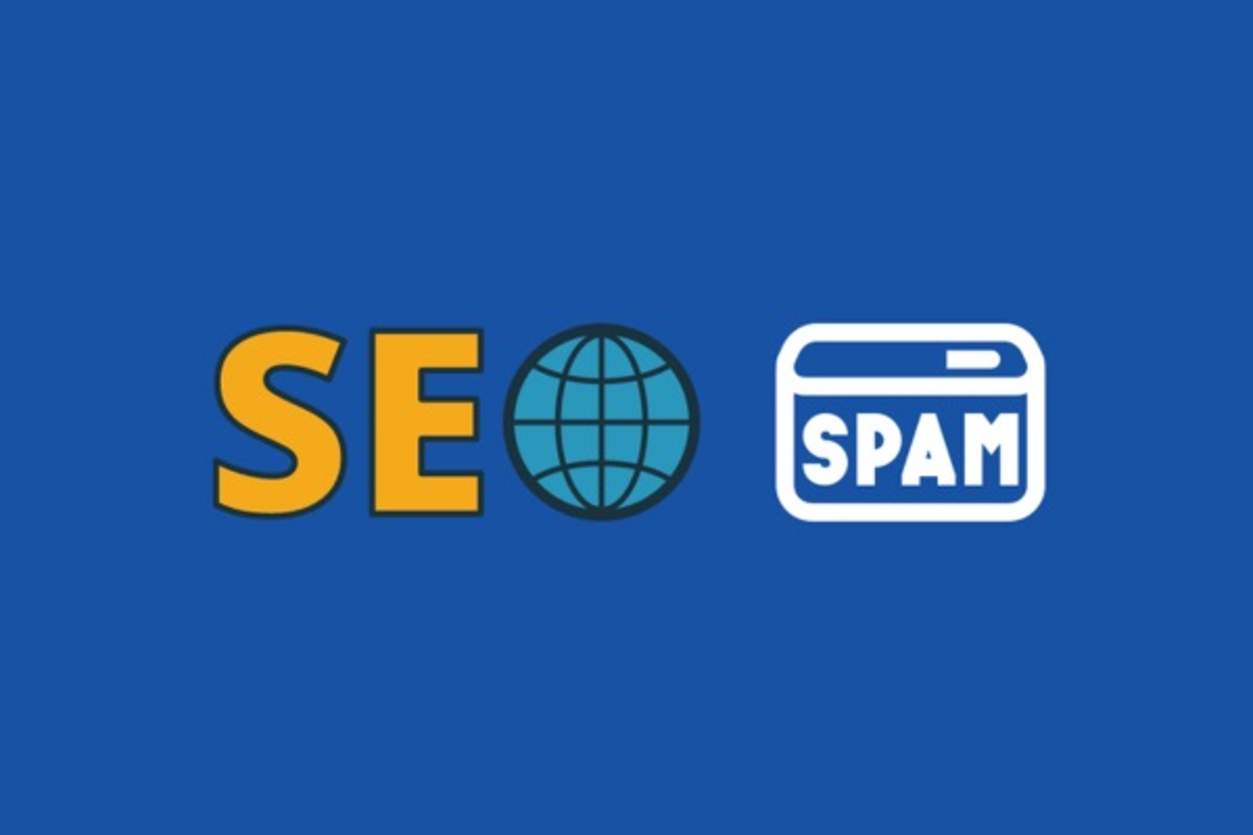As the competition to rank on Google’s coveted first page intensifies, so too does the rise of unsolicited SEO spam emails, a persistent nuisance for business owners. Some website owners have reported receiving the emails over 10 times per day from different gmail.com accounts.
Let’s talk about SEO spam emails—the bane of every business owner’s inbox. These unsolicited messages are not just a minor inconvenience; they’re an all-too-common plague that preys on businesses with deceptive promises and shady tactics.
Imagine this: You’re working hard to build your business, focusing on genuine strategies to grow and succeed. Then, out of nowhere, your inbox floods with spam emails from supposed “SEO experts” claiming they can catapult your website to the top of Google’s search results overnight. Really? Overnight? If that were possible, don’t you think everyone would be on page one by now?
To make matters worse, these spam artists rely on scare tactics. They bombard you with dire warnings about how your website isn’t ranking well and how only their “special” services can save you from obscurity.
It’s a high-pressure sales tactic designed to make you feel like you’re on the verge of disaster unless you hand over your money. It’s a manipulative and unethical approach that not only disrespects your intelligence but also wastes your time.
What’s equally frustrating is the way these emails perpetuate misinformation. The industry itself is filled with legitimate professionals who work hard to deliver real value.
Yet, these spam emails tarnish the reputation of SEO experts by association, making it harder for businesses to discern who can actually help them and who’s just out to make a quick buck or scam you.
The Allure and the Danger of SEO Spam
SEO spam emails typically promise extraordinary results with little effort or expense, often using high-pressure tactics and unrealistic guarantees.
The emails often originate from generic email accounts like Gmail or Outlook, rather than established business domains, raising red flags about their legitimacy.
A common example might read:
Hi,
I was checking your website and see you have a good design and it looks great, but it’s not ranking on Google and other major search engines.
We can place your website on Google’s 1st page.
Let me know if you are interested I will be happy to send you some references, company info, as well as cost for our services.
Thanks,
Aditya
This type of email showcases several typical characteristics of SEO spam. It includes vague references to the recipient’s website and overly broad claims about ranking improvements, combined with a lack of specific details about the sender or their company.
Deceptive Tactics and Unrealistic Claims
SEO spam emails often employ deceptive tactics to lure recipients. They frequently promise immediate ranking improvements on major search engines, a guarantee that is both unrealistic and misleading.
SEO is a complex, ongoing process that requires time and expertise; it is not something that can be achieved overnight.
Additionally, these spam emails may employ scare tactics, suggesting that they have identified critical issues with your website that only they can fix. The fear-based approach preys on the recipient’s desire to avoid potential problems, often leading them to make hasty decisions.
The Red Flags: Who’s Really Behind the Emails?
One of the most glaring issues with SEO spam emails is their lack of transparency. The senders often use generic email addresses like Gmail or Outlook, rather than professional domain-based emails, which could be a sign of their dubious nature.
Furthermore, these emails typically fail to provide concrete information about who they are or which company they represent, raising questions about their legitimacy and intentions.
Another common feature of the annoying spam emails is the offer of a “free website audit.” While a genuine SEO agency might provide an initial audit as part of their services, these free audits are often designed to collect your contact details or, worse, to install malware or plant hyperlinks.
Who’s Really Sending These SEO Spam Emails?
SEO spam emails are often generated by dubious lead generation companies that have been hired to send out these messages on behalf of Indian SEO agencies. The agencies, despite their grandiose promises, can’t even rank their own websites effectively.
Here’s the kicker: these lead generation companies (also based in India) are paid to flood inboxes with spammy pitches, capitalising on the agency’s inability to deliver results.
The agencies or freelance services might boast about their expertise and claim to have the secret sauce for SEO success, but the truth is they can’t even manage their own SEO effectively.
Instead of investing in genuine, high-quality strategies, they resort to shady practices, relying on third-party spammers to peddle their services.
The whole operation is a cynical cycle. The lead generation companies make a quick buck by spamming countless inboxes, while the SEO agencies pretend to offer solutions to problems they can’t even solve for themselves.
The end result? Business owners are left sifting through an avalanche of spam, filled with false promises and manipulative tactics, all while the real issues of ineffective SEO and dishonest marketing practices continue unabated.
The Consequences of Falling for SEO Spam
Engaging with SEO spam emails can have several negative consequences. First and foremost, businesses risk wasting money on services that do not deliver the promised results.
Many of these spammy services rely on black-hat SEO techniques that can lead to penalties from search engines, which can, in turn, harm your website’s credibility and ranking.
Moreover, providing personal or business information to these spam email senders can lead to data breaches or further scams. Cybercriminals often use these interactions as a stepping stone to more sophisticated attacks.
How to Protect Yourself from SEO Spam
To safeguard yourself from SEO spam, it is crucial to remain vigilant and informed. Here are some tips to help you identify and avoid these deceptive emails:
- Verify the Sender’s Credentials: Always check the legitimacy of the company or individual reaching out to you. A professional SEO agency should have a domain-based email and provide clear contact information and references.
- Be Wary of Unrealistic Promises: Be skeptical of any email that guarantees immediate ranking improvements or other unrealistic results. Effective SEO is a gradual process that requires time and expertise.
- Avoid Free Audits from Unknown Sources: While free audits can be a part of a legitimate SEO strategy, be cautious of unsolicited offers. Verify the source before providing any personal or business information.
- Report Suspicious Emails: If you receive spam emails, report them to your email provider. This helps to improve email filters and reduce the prevalence of such scams.
- Deploy mail filters: Ensure that setup email filters that trigger keywords used in these common spam emails. eg. it’s not ranking well on Google, Google’s 1st page.
Conclusion
SEO spam emails are a persistent and evolving threat in the digital world. By staying informed and adopting proactive measures, businesses can protect themselves from these deceptive practices. Remember, if an SEO offer seems too good to be true, it probably is.
Always conduct thorough research and verify the legitimacy of any SEO services before making a commitment. In the ever-changing realm of digital marketing, vigilance is your best defense against scams and spam.
For business owners, the constant barrage of these spam emails is not just annoying—it’s a drain on productivity.
Each email demands a split-second of attention, and when you multiply that by the dozens or even hundreds of spam messages, it adds up to significant wasted time and effort.
And let’s not forget the risk of inadvertently falling victim to a scam, which could jeopardise your business and its online presence.
So when you see these spam emails, remember—they’re not just annoying; they’re part of a broader scheme by companies that aren’t really invested in delivering real results.
It’s a deceptive game designed to exploit your need for better online visibility, all while those behind the scenes are barely capable of achieving it themselves.







